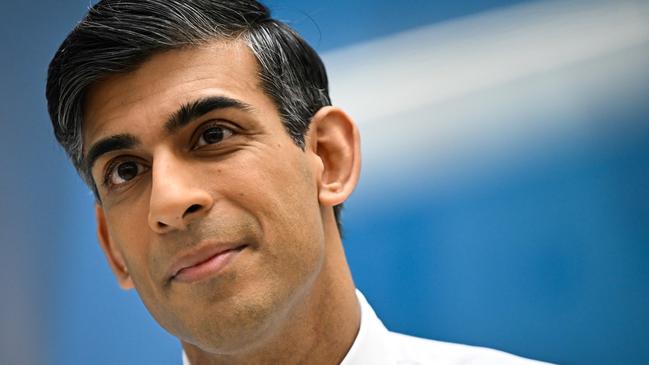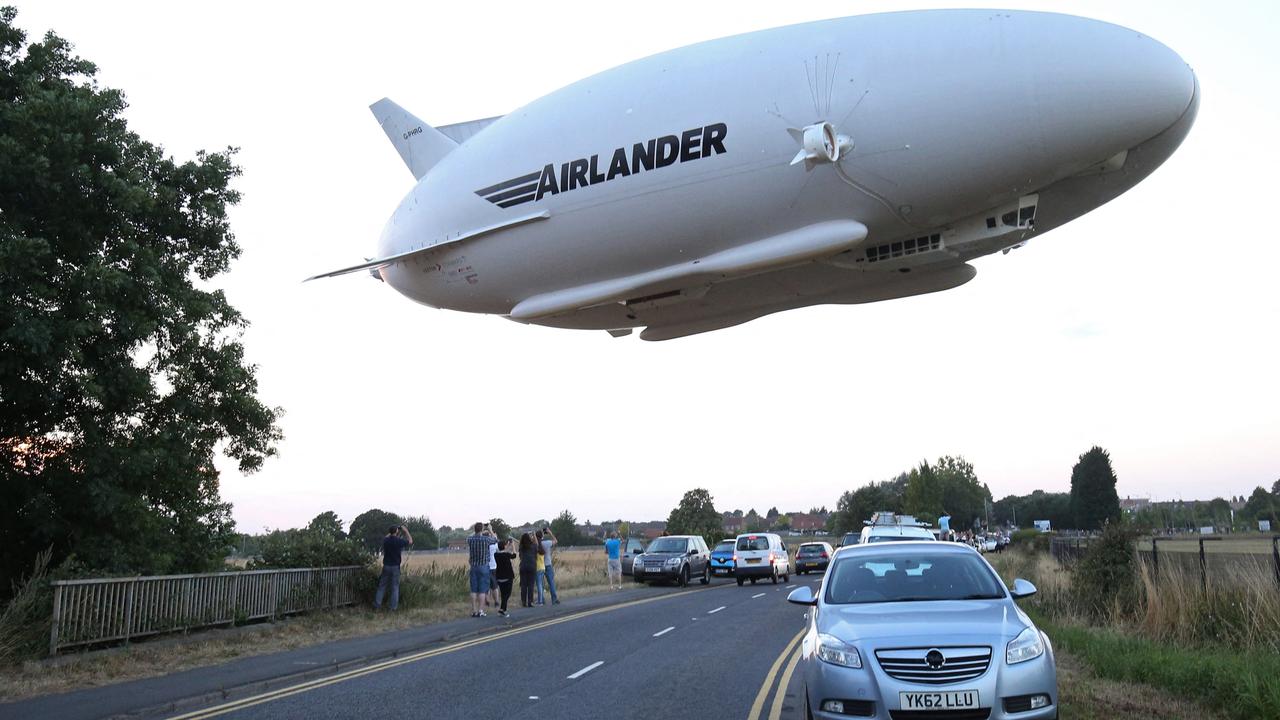Britain and EU set for Northern Ireland deal
Britain and the EU have struck a Customs deal that could pave the way to ending years of post-Brexit wrangling over Northern Ireland.

Britain and the EU have struck a Customs deal that could pave the way to ending years of post-Brexit wrangling over Northern Ireland.
The Times understands that Brussels has accepted a proposal that would avoid the need for routine checks on products destined for the province.
Separately, the EU has also conceded for the first time that the European Court of Justice could rule on issues related to the province only if a case were referred by the Northern Irish courts. Previously, Brussels had insisted that the European Commission should be able to take cases straight to the court.
It marks a critical step towards ending the impasse over the Northern Ireland protocol, which has overshadowed relations with Europe since Brexit three years ago on Tuesday.
The Times understands that the Customs element of the deal had been due to be announced last month but was pulled at the last minute. One source suggested Brussels had feared UK Prime Minister Rishi Sunak could not sell the complete package to the Democratic Unionist Party and Tory Brexiteers. The UK side said Mr Sunak wanted the whole deal ready to sign rather than announcing it in parts.
The framework for a deal comes after months of private talks led by Foreign Office officials and Tim Barrow, Mr Sunak’s national security adviser, who helped to negotiate the original Brexit trade deal.
UK sources said that Brussels had made significant concessions on matters such as the jurisdiction of the European court.
“This is a critical issue of sovereignty and that will remain with the UK,” one government source said.
Another added: “The EU has moved a lot from its original position. This deal won’t delight anyone but the hope is it satisfies everyone enough.”
On Customs the agreement is largely modelled on UK proposals for a system of green and red lanes. Goods destined for Northern Ireland would be allowed in without routine checks whereas goods for onward export into the Republic of Ireland would undergo customs formalities in Northern Irish ports. Data on vehicle movements would be shared with the EU and the UK would agree to investigate any suspicious activity.
Under the plan, the UK and EU would negotiate a separate long-term agreement covering exports of meat, live animals and other produce to Northern Ireland, with the UK agreeing to uphold EU veterinary standards on goods exported to the province.
One senior government source said that the parameters of the overall deal were in place and it was up to Mr Sunak to decide whether to sign it off. Downing Street insisted, however, that no agreement had been reached and “intensive scoping” was continuing. One government source said they believed that the deal met all seven tests laid down by the DUP. Others feared there was no possible deal that the DUP would sign up to.
“We have to be prepared to say this is the best deal that can be done and we are going to push ahead even if the DUP reject it,” one source said.
One government source said there was a “strong agreement” that the dispute over the protocol could not be allowed to carry on. “The mood music has completely changed in that both sides have been looking to go as far as they can to compromise to make this work,” they said. “That hasn’t been the old point scoring seen in the past.”
A source said there was a desire to announce the whole package before the anniversary of the 1998 Good Friday agreement in April that ended 30 years of sectarian violence, but that it was not a “hard deadline”. “We only have one chance at this and the most important thing is to get it right,” said one source.
As part of its 2019 divorce deal, Britain agreed to the Northern Ireland Protocol in part to avoid inflaming sectarian tensions among the Catholic Irish nationalist community in the province, which has long had tensions with the mostly Protestant unionist communities.
The Times


